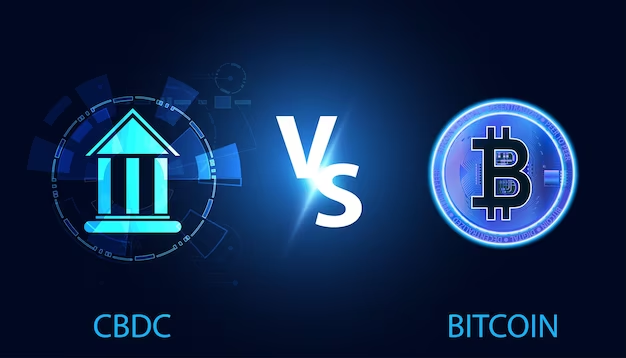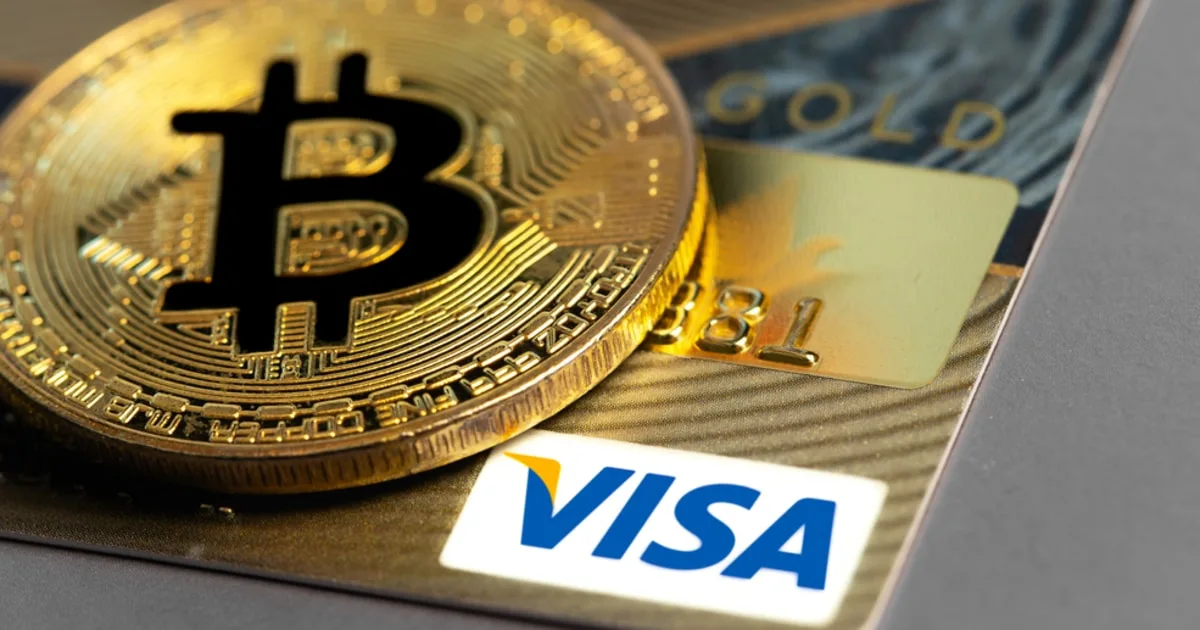In today’s digital age, financial privacy is a growing concern. With increasing surveillance by governments and corporations, individuals are seeking ways to protect their financial transactions and personal data. Bitcoin, the first and most well-known cryptocurrency, offers a promising solution. This blog will explore how Bitcoin can be used to enhance financial privacy and protect against surveillance.
Introduction
Financial privacy is crucial for protecting individuals’ personal information and ensuring freedom from unwarranted scrutiny. Traditional banking systems and payment methods often require sharing sensitive data, which can be vulnerable to hacking, fraud, and surveillance. Bitcoin, with its decentralized and pseudonymous nature, provides an alternative that can help enhance financial privacy. In this article, we will investigate how Bitcoin works, its privacy features, and how it can be used to protect against financial surveillance.
Bitcoin vs Government Surveillance: Preserving Privacy in the Digital Age
Understanding Bitcoin and Privacy
Bitcoin is a decentralized digital currency that allows peer-to-peer transactions without the need for intermediaries like banks. Transactions are recorded on a public ledger called the blockchain, which is maintained by a network of nodes (computers). While Bitcoin transactions are transparent and visible on the blockchain, the identities of the parties involved are pseudonymous, meaning they are not directly linked to personal information.
Key Features of Bitcoin for Financial Privacy:
Pseudonymity: Bitcoin addresses are not directly linked to personal identities. Users can generate new addresses for each transaction, making it difficult to trace transactions back to an individual.
Decentralization: Bitcoin is not controlled by any central authority, which reduces the risk of centralized surveillance and censorship.
Encryption: Bitcoin transactions are secured using cryptographic techniques, ensuring that data cannot be easily intercepted or tampered with.
How Bitcoin Enhances Financial Privacy
Anonymous Transactions
While Bitcoin transactions are not completely anonymous, they offer a higher degree of privacy compared to traditional banking systems. Users can create multiple Bitcoin addresses and use different addresses for each transaction. This practice, known as “address reuse avoidance,” helps to obscure the link between transactions and individual identities.
Use of Mixers and Tumblers
Bitcoin mixers and tumblers are services that help enhance transaction privacy by mixing multiple transactions together. This process makes it difficult to trace the origin and destination of funds. Users send their Bitcoin to the mixer, which then combines it with other users’ Bitcoin and sends it back to the original users in different amounts and addresses. This adds an additional layer of anonymity to the transactions.
CoinJoin Transactions
CoinJoin is a privacy-enhancing technique where multiple users combine their Bitcoin transactions into a single transaction. This process makes it challenging to determine which inputs correspond to which outputs. CoinJoin transactions help to obscure the transaction history and enhance privacy.
Confidential Transactions
Confidential Transactions is a technology that hides the amounts being transacted on the Bitcoin blockchain. While the addresses involved in the transaction remain visible, the amounts are encrypted, making it difficult to determine the value being transferred. This technology is still in development but holds promise for enhancing financial privacy on the Bitcoin network.
Protecting Against Financial Surveillance
Avoiding Centralized Exchanges
Using centralized exchanges to buy and sell Bitcoin can compromise privacy, as these platforms often require users to undergo identity verification (KYC/AML) processes. To maintain privacy, users can opt for decentralized exchanges (DEXs) or peer-to-peer trading platforms that do not require personal information.
Using Privacy Wallets
Privacy-focused Bitcoin wallets, such as Wasabi Wallet and Samourai Wallet, offer built-in features for enhancing transaction privacy. These wallets support CoinJoin transactions and other privacy-enhancing techniques to help protect users’ financial privacy.
VPN and Tor for Network Privacy
Using Virtual Private Networks (VPNs) or the Tor network can help protect users’ IP addresses when conducting Bitcoin transactions. These tools obscure the user’s internet traffic, making it more difficult for third parties to track and monitor their online activities.
Challenges and Limitations
Public Ledger Transparency
While Bitcoin offers pseudonymity, its public ledger can still be analyzed to trace transactions. Blockchain analysis firms use advanced techniques to link transactions and identify patterns, potentially compromising privacy.
Regulatory Pressure
Governments and regulatory bodies are increasingly scrutinizing cryptocurrencies, including Bitcoin. Regulations requiring KYC/AML compliance can erode financial privacy by forcing users to disclose their identities.
User Behavior
The effectiveness of Bitcoin’s privacy features depends on user behavior. Poor practices, such as address reuse and using centralized exchanges, can undermine privacy. Users need to be aware of best practices and take proactive steps to protect their financial privacy.
The Future of Bitcoin and Financial Privacy
The development of privacy-enhancing technologies and techniques continues to evolve within the Bitcoin ecosystem. Innovations such as Confidential Transactions, Schnorr signatures, and Taproot aim to improve Bitcoin’s privacy and security features. Additionally, privacy-focused cryptocurrencies like Monero and Zcash offer alternative solutions for users seeking enhanced privacy.
As the demand for financial privacy grows, Bitcoin and other cryptocurrencies will play an increasingly important role in providing individuals with tools to protect their financial transactions and personal data. However, users must remain vigilant and informed about best practices and emerging technologies to fully benefit from the privacy features offered by Bitcoin.
The Crypto Wars and the Future of Financial Privacy
Conclusion
Bitcoin offers a promising solution for enhancing financial privacy and protecting against surveillance. Its decentralized and pseudonymous nature, combined with privacy-enhancing techniques and tools, provides users with greater control over their financial transactions and personal data. While challenges and limitations exist, the ongoing development of privacy technologies and best practices will continue to strengthen Bitcoin’s role in safeguarding financial privacy. As individuals and businesses increasingly seek to protect their financial information, Bitcoin’s privacy features will become even more valuable in the digital age.



















